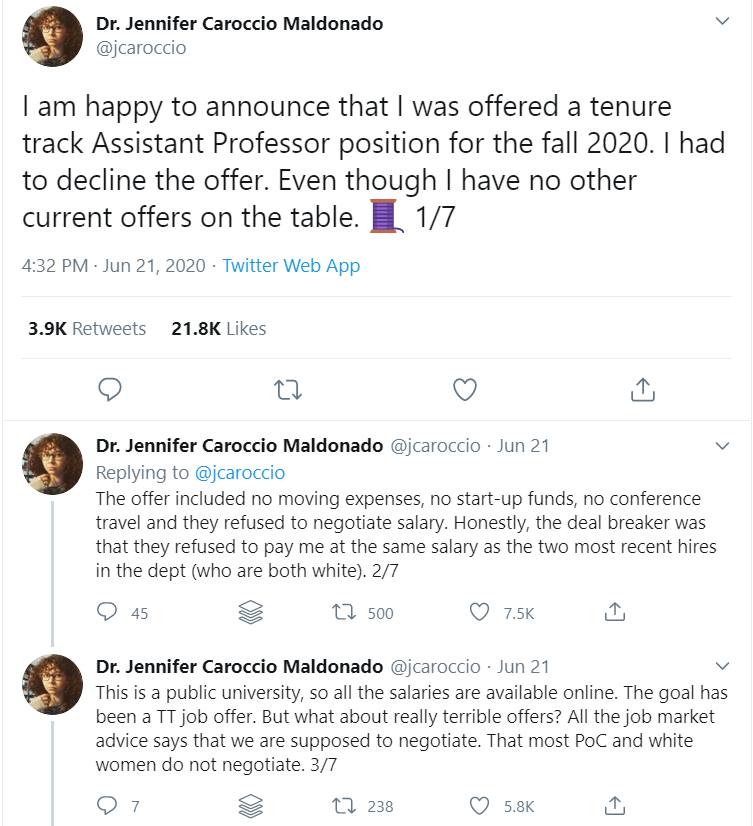Dear Session participants: Here is our plan for the session. I put in the titles of the short talks. Please check your bio dear @rebecca since I copied it from your webpage affiliated to the university. I have also put in contributors, following up with those signing up here as well as on Facebook. We will be sending you the login link and other housekeeping info Monday morning. Thanks for your help in this dear @noemi
22 June, 2020 at 5 pm (CET)
- Intro on diverse_precarious and dissent in HE networks: Asli Telli
- Academic neoliberal agendas. Crossed experiences between France, Switzerland and reflections for Germany: Cristina del Biaggio
- Systemic inequalities and lost knowledge in HE: Rebecca Collins
- Decolonial movements and alternative unionization efforts: Ayse Batur
Contributions by V.Pinto (Italy case, anti-Bologna action and impact in Europe), Pascale Laborier, David Schmudde, Alberto Cottica, Academics for Peace and other peace supporters/activists with their insight on the way forward
BIO`s of Speakers
Asli Telli: Asli is a member of Academics for Peace Network and focuses on digital media facilitated activism, resistance, advocacy and transversal action of displaced commons. She taught and performed field research in Turkey, Switzerland, Malta, France, the US and lately in Germany, The latest projects she contributes to are “Digital Transversal Action of Euro-Migrants against Right Populisms” (www.mobilesolidarity.com) and “Mapping Academic Freedoms” (www.mappingfunds.com). Lately, she reflects with her colleagues on implications of protracted displacements, perish of critical knowledge and inequalities.
Cristina Del Biaggio: Cristina is assistant professor at the Université Grenoble Alpes (France) and at the research laboratory Pacte (www.pacte-grenoble.fr) since 2017. Geographer, her research focuses mainly on migrations and borders. She previsouly worked at the University of Geneva, where she completed her PhD and has successively worked as post-doc, lecturer, researcher, etc. At parallel, she also worked for an NGO based in Geneva where she run a project “Le Comptoir des médias” (Comptoir des médias - asile.ch), a media watch on asylum and refugees.
Rebecca Collins: Rebecca is a human geographer with research interests in the intersection of everyday material culture and sustainability, youth culture(s), and the politics of the body. At present, she is a senior lecturer in Human Geography at the University of Chester in the UK.
Ayse Batur: Ayşe is a translator, editor, currently a Ph.D. candidate at the Academy of Visual Arts (HBK - Braunschweig) in Germany. Batur studied philosophy at the Bogazici University in Istanbul, and Cultural Studies (MA) at the Istanbul Bilgi University. Her dissertation project focuses on the memory politics around the Gezi Uprising.
